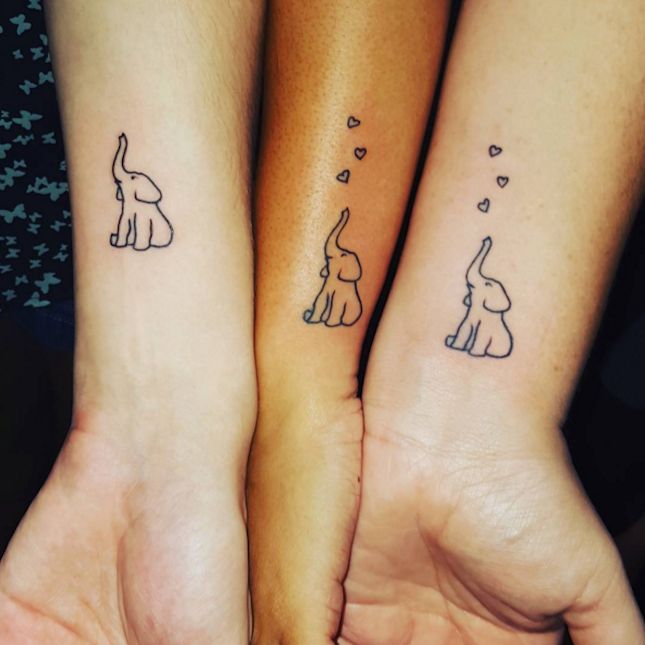In South Australia, there are laws that prohibit and restrict children from obtaining tattoos, branding, beading, scarring and tattoos. Regardless of whether you have your parent’s permission, it is against the law to have a tattoo under the age of 18. Similarly, you need to be 18 years of age to have any mark made on your skin, including branding, scarification or beading.
A person must be 16 years of age to get a ‘normal’ piercing in South Australia. A ‘normal’ piercing is one that is not in a private place; your parent’s permission will need to be provided either in person or in writing. If you gain written permission, your parent’s note must explain the type of body piercing and where it is permitted to be on your body. A statutory declaration (a legal document stating that you are telling the truth) must be completed, which accompanies your parent’s written note. It is against the law to untruthfully sign this declaration. Despite written permission, some body piercers will still refuse to give you a piercing if you are under the age of 18, or others may also require you to show your proof of age. It may be best to give the parlour a call and ask their specific policy before you go for your appointment.
You must be 18 years of age to get a piercing in a private area, that is, on your genitals, anal region, perineum, nipples or vulva. Just parent’s permission will not be accepted in this circumstance.
Giving your Agreement
Regardless of your age in South Australia, each person must enter a written agreement with the person who is giving him or her a tattoo, piercing or other body mark. The agreement must contain information about the nature of the procedure and the manner in which it is to be carried out. It will also contain information about how to care for the area of the body the piercing procedure has been done.
Tattoos, Piercings and Body Modifications at School or Work
Schools and workplaces generally have particular rules and policies about tattoos, piercings and body marks. As a matter of safety, it is best to check with your school or workplace before you undertake a procedure. A school or workplace’s rules are legal as long as they are not unreasonable or discriminatory.
If a tattoo, piercing or body modification is part of your cultural background (i.e. for your race, descent or ethnic heritage), then it may be unlawful discrimination for your school or workplace to ban you from having it.
Things to Consider before getting a Tattoo, Branding or Piercing:
- Is this something you want forever?: It is important to remember that tattoos and other markings are permanent, and are extremely difficult and expensive to remove. Furthermore, tattoos and piercing can also be extremely painful to get, and that piercing can leave scars or holes even after the jewellery has been taken out.
- Staying Safe: There is always a risk whenever you get a tattoo or piercing that you may contract a disease like Hepatitis C or B, HIV or a bacterial infection. To prevent this, it is best to do your research and go to a professional tattoo artist and piercer who must obey South Australian ‘Guidelines for Safe and Hygienic Skin Penetration’ in ensuring their studios are safe and hygienic, and all their tools are sterilised. This means you should avoid home tattoo or piercing parlours or DIY kits (even if your friend is doing the piercing).
This article describes the law in relation to tattoos and piercings in South Australia. The law may differ if you are in a different State or Territory of Australia.

